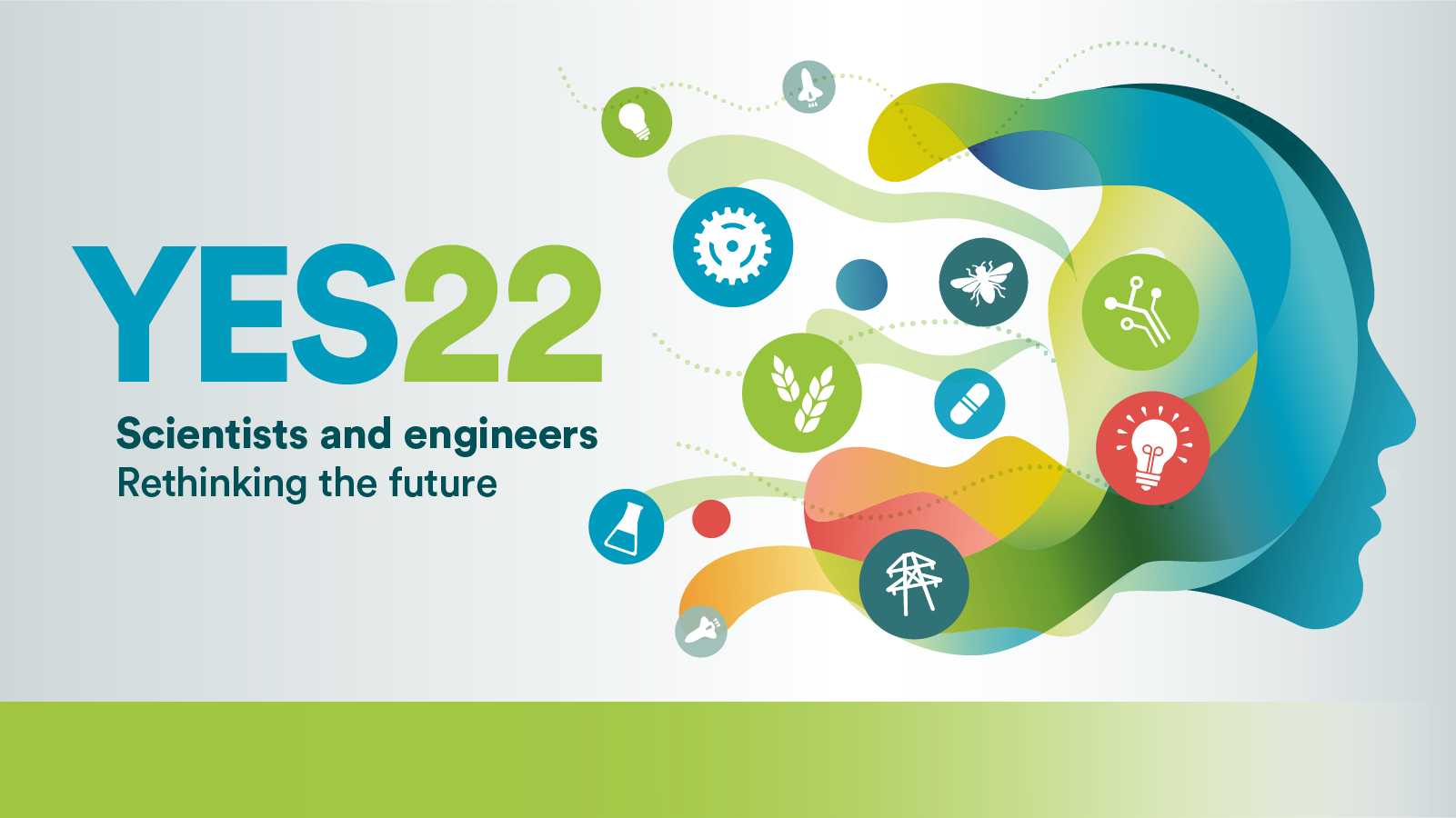
January 23, 2023, by aczjb1
YES22 – Meet the Finalists!
The YES22 programme draws to a close this week, the 27th annual cohort of our innovative competition developed to raise awareness among Master’s and PhD students, postdoctoral researchers, research fellows and technicians how ideas can be commercialised. After completing the ten-week programme last term, six teams have been selected to pitch in the final of this year’s YES competition, on Friday 27 January.
Our 2022 finalists – made up of PhDs, postdocs and technicians from across the UK – joined YES to collaborate with other engineers and scientists to come up with commercial solutions to some of the world’s most pressing health and sustainability issues, and their innovative ideas range from treatments for diabetics to using seaweed for plant-based protein powders.
—
The SUSU team is based on the Norwich Research Park, which consists of several institutes and businesses that work closely together to find solutions to global challenges in food and health. Rose McNelly, Aileen Magilin, Ruth Kristianingsih and Minglei Yang work at the John Innes Centre, and Julia Haarhuis at the Quadram Institute Bioscience.
“We came up with an idea that is very relevant to the mission of the Norwich Research Park: our hypothetical product is a vitamin B12-producing probiotic strain. Vitamin B12 deficiency is very common among the global population and this strain could offer a long-lasting bioavailability of vitamin B12 in the small intestine, where it is directly taken up.”
They hope to be able to license the vitamin B12-producing strain to yoghurt manufacturers, so they can improve the nutritional value and taste of yoghurt products to meet the demand of vitamin B12.
“We really enjoyed meeting the invited speakers and mentors during the YES programme, in particular those who made the transition from benchtop science to business. Many of them were PhD students before too, and they shared their career path stories. It definitely taught us that entrepreneurial success doesn’t come easily — it requires a lot of dedication and hard work!”
—
From the University of Reading, Algaemino‘s team consists of four PhD students – Pradeep Vijaya Kumar, Hannah Thomas, Roisin McCarron and Patricia Morales – and Ross Wilson, a research technician from the Biomedical department.
With three team members doing their PhD research in Food and Nutrition, Algaemino’s idea is based on using seaweed as an alternative to the plant protein powders currently on the market.
“YES was a welcome break from a fixed routine of an academic PhD! As a team, we have learnt what it means to be a team player and how we as individuals complement each other.
On the surface our team might appear to be a random mix of individuals, but we’ve come together for Algaemino in a manner we ourselves didn’t expect and are overjoyed our culmination of diverse views has helped us reach the finals.”
—
Team MindX Lab are another team from the University of Reading, made up of five PhD students – Saumya Sood, Theocharia Tsagkaropoulou, Nikolaos Giannoulis, Choshani Dalukdeniya Arachchilage, Dimitra Zannidi – from the Department of Food and Nutrition Sciences.
The team wanted to use their research backgrounds to find a solution to help people struggling with mental health. Their ‘PsiloFilm’ idea aims to use a combination of psilocin – a compound derived from mushrooms – and the amino acid L-Tryptophan in the form of a buccal film, providing quick formulation release and better overall patient experience against treatment-resistant depression.
“Mental Health is such a big issue nowadays and we are all striving towards finding a solution to help people within our power. Our team consists of food scientists, technologists and nutritionists with the aim to combine aspects of food and health while keeping sustainability as one of our priorities.”
“Stepping out of our comfort zones to have a sneak peek into the business/entrepreneurial world, gave us the confidence and helped us look at science through a different lens.”
—
From the University of Keele, Akihiro Suto, Brian Anthony, Georgia Weston and Jay Dommett have designed Gluca-one, a wearable device which reacts to blood sugar levels and administers glucagon when they drop dangerously low. The idea was inspired by team member Georgia’s personal experience with the condition.
“Gluca-one is a device that aims to prevent death from hypoglycaemia by automatically applying a life-saving dose of Glucagon during a hypoglycaemic episode.
We recognised the distinct lack of support for diabetics who experience hypoglycaemia and made it our mission to ensure that this technology is available to everyone who needs it.”
“The YES programme gave us a different perspective on starting a company and the challenges of bringing a product to market.
The mentoring from experts in the field gave insight into the mechanics of setting up a business in biotechnology. We feel really lucky to have been able to hear from an incredible range of experts who are at the top of their field.”
—
The Patch Perspective team, made up of Charlotte Fawcett (University of Leicester), and Ashleigh Howard and Steven Mitini-Nkhoma from the Liverpool School of Tropical Medicine, is developing a skin patch to promote the healing of diabetic ulcers in patients.
The trio wanted to create a unique product that could create a huge impact on people with diabetes globally. Their skin patch uses bacteriophages instead of antibiotics to kill bacteria infecting the diabetic ulcers, ensuring the product is effective even on wounds infected with drug-resistant bacteria.
“We really liked the fact that the program pushed us out of our comfort zones and introduced us to the world of business.
As scientists, we are particularly grateful for the opportunity to learn all the steps involved in transforming an idea into a business. We believe that this knowledge will shape our careers in the near future.”
—
From the University of Nottingham, Bethany Brown, Hiya Deshpande, Bawar Jahal and Taran Young make up the NottFur team. Inspired by the rise of vegan ‘meats’ currently on the market, their product is a lab-grown faux-fur, designed to replace the plastic-based alternatives to animal fur.
“While vegan leather, faux furs and polyester wools are largely being purchased by a climate conscious market, they are ultimately having a negative impact on the environment. With NottFur, we wanted to challenge that idea and produce a material that contained all the benefits of fur, such as in-built biodegradability, without the animal cruelty.”
Taran, a 4th year PhD student in the School of Life Sciences, was the one to mastermind the technology itself. Having spent his PhD engineering yeast cells as he explored methods of crop protection from fungal infections, he was well versed in the role yeast holds for the future bioeconomy. He suggested a system of yeast cells engineered to heterologously express the fur genes from animals like coyote and mink, commonly utilised in the fur market.
“For all of us, one of the standout aspects of YES has been the chance to work in a team again. Your PhD experience is such an independent one, you forget what it’s like to feel that lighting in a bottle energy of bouncing ideas off each other! It’s provided such a great platform to dust off those collaborative skills that get a bit rusty after three years of troubleshooting, reading papers and doing lab work on your own.”
Find out more about YES at www.yescompetitions.co.uk
No comments yet, fill out a comment to be the first

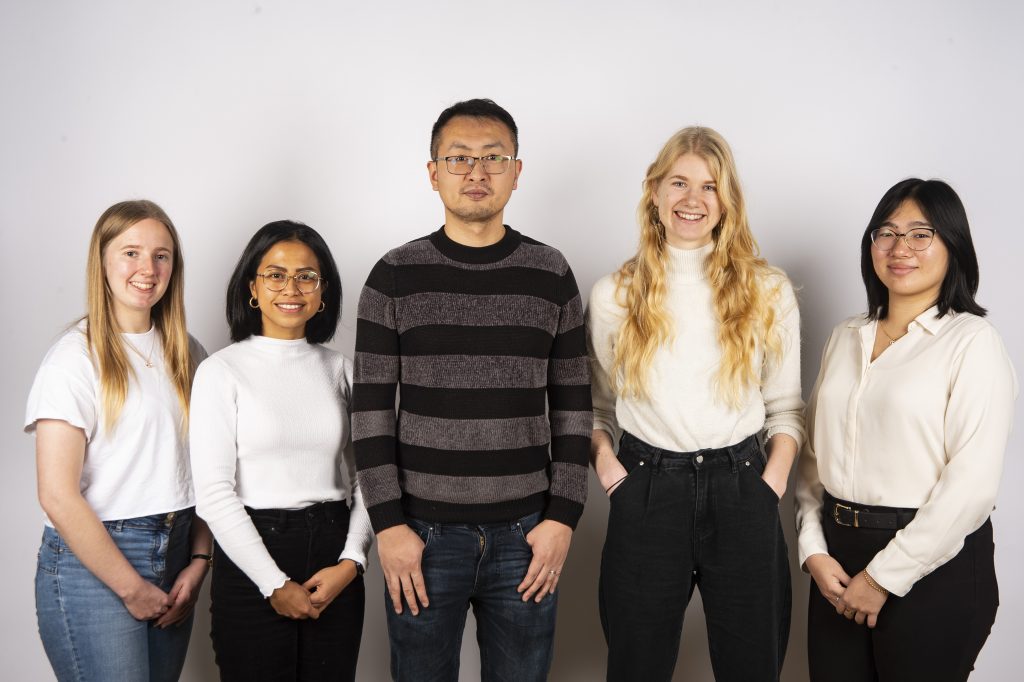
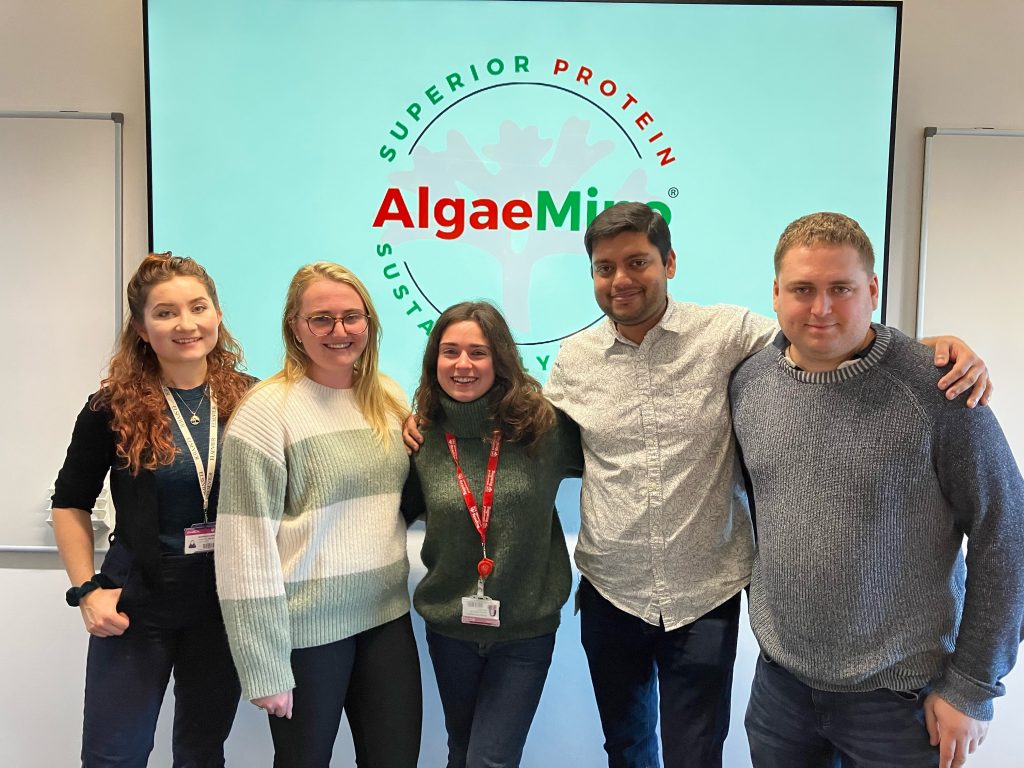
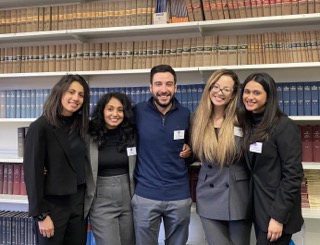
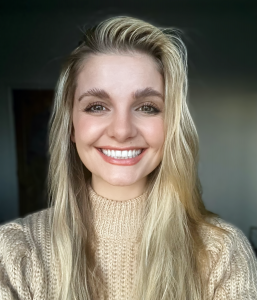
Leave a Reply